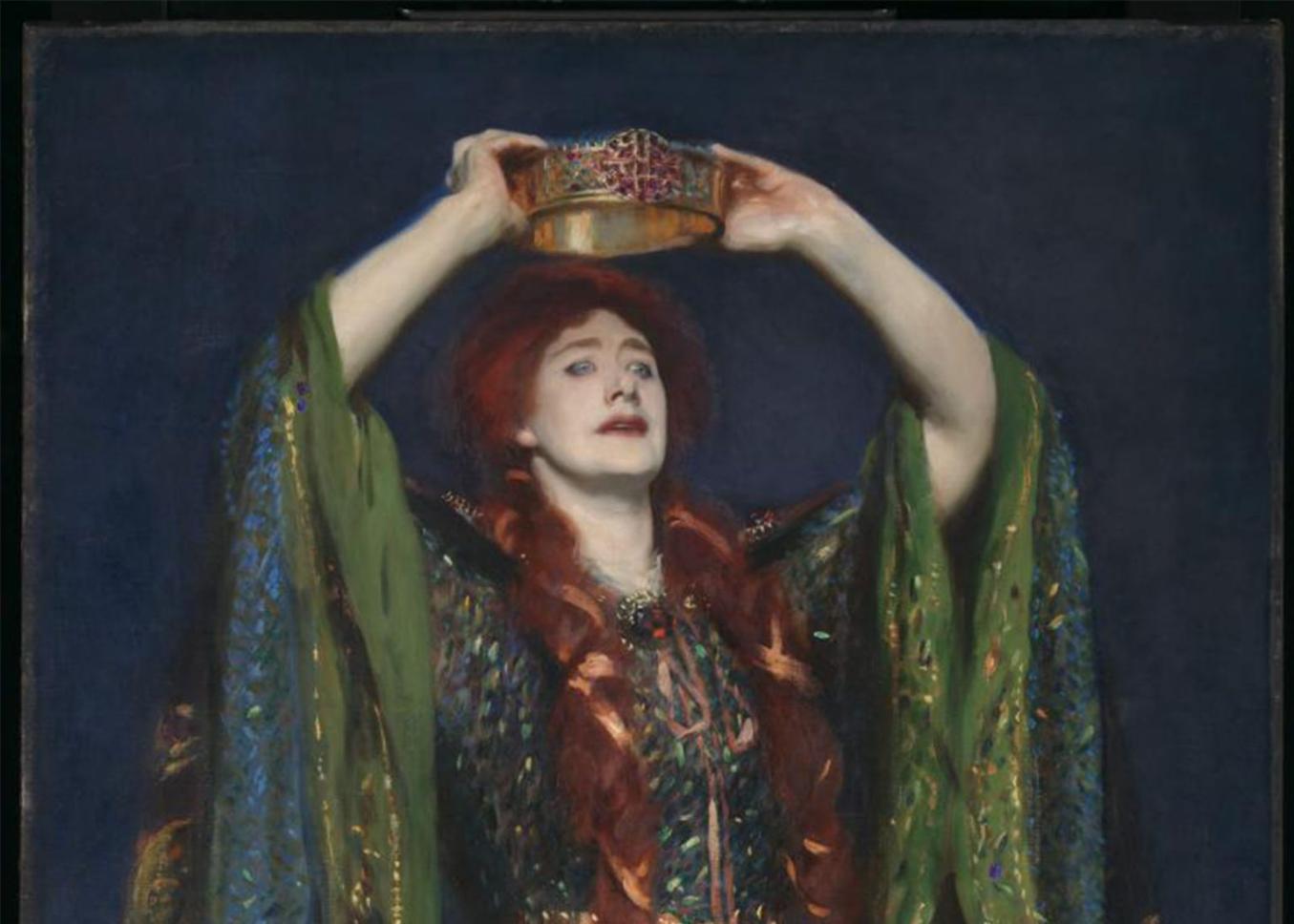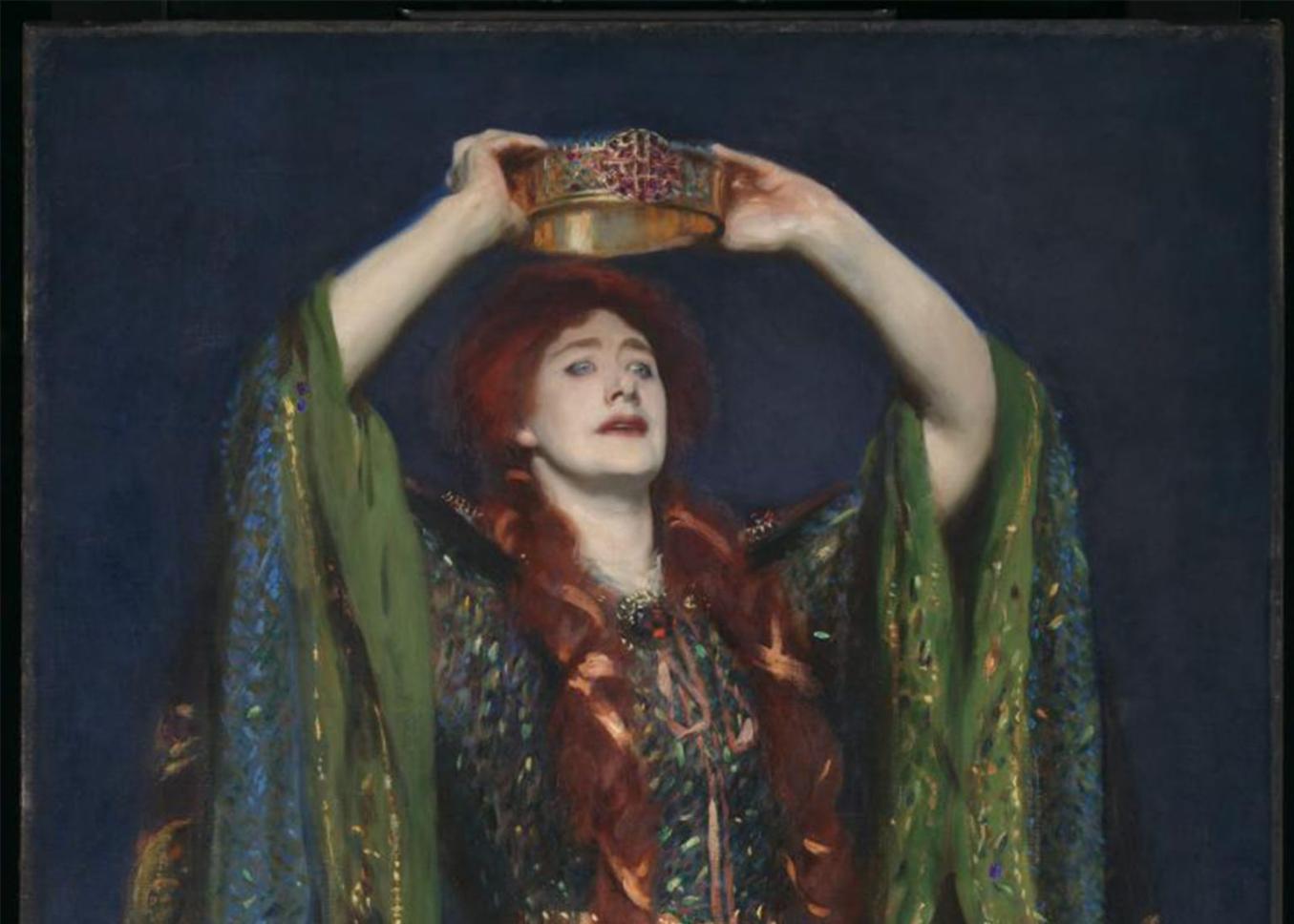Unveiling the Significance of the Witches in Macbeth
In the realm of Shakespeare's literary masterpieces, Macbeth stands as a haunting tale of ambition, power, and the corrosive nature of evil. At the heart of this tragic drama lie the enigmatic witches, whose presence casts a dark shadow over the play, shaping its course and leaving an indelible mark on its characters and themes.

I. The Witches as Harbingers of Fate
From their first appearance on the blasted heath, the witches serve as harbingers of fate, setting the stage for the play's tragic trajectory. Their prophetic words, uttered in cryptic riddles and incantations, weave a web of destiny that ensnares Macbeth, propelling him down a path of destruction.
- Prophecies and Influence: The witches' prophecies, though ambiguous and open to interpretation, exert a profound influence on Macbeth's actions. Their words sow seeds of ambition in his mind, fueling his desire for power and ultimately leading him to commit heinous acts.
- Fate and Free Will: The witches' role raises questions about the interplay between fate and free will. While their prophecies seem to predetermine Macbeth's fate, the play also suggests that he possesses the agency to choose his own path. This tension between destiny and personal responsibility adds depth and complexity to the narrative.
II. The Witches as Agents of Chaos
The witches' presence disrupts the natural order, unleashing chaos and disorder upon the world of Macbeth. Their magic and spells manipulate events, creating a realm where the boundaries between reality and illusion blur.
- Disruption of Order: The witches' actions upend the established order, both in the physical world and in the realm of morality. Their spells and incantations conjure visions, manipulate the weather, and sow discord among the characters.
- Chaos and Disorder: The witches' influence leads to a breakdown of societal norms and moral values. As Macbeth succumbs to their manipulation, he descends into a spiral of violence and tyranny, leaving a trail of destruction in his wake.
III. The Witches as Symbols of Evil
The witches embody darkness, evil, and the supernatural forces that lurk beneath the surface of reality. Their association with malevolent powers underscores the play's exploration of moral corruption and the consequences of unchecked ambition.
- Darkness and Evil: The witches' connection to darkness and evil is evident in their appearance, their language, and their actions. They dwell in shadowy corners, speak in cryptic and unsettling tones, and wield their magic for malicious purposes.
- Corruption of Macbeth: The witches play a pivotal role in corrupting Macbeth, leading him down a path of destruction. Their influence warps his moral compass, turning him into a ruthless tyrant consumed by guilt and paranoia.
IV. The Witches as Mirrors of Macbeth's Inner Self

Beyond their external influence, the witches also serve as mirrors, reflecting Macbeth's inner turmoil, desires, and insecurities. Their words and actions tap into his deepest fears and ambitions, revealing the darkness that lies within him.
- Reflection of Inner Turmoil: The witches' prophecies resonate with Macbeth's inner desires for power and status. Their words mirror his own thoughts and ambitions, amplifying his insecurities and driving him towards his tragic downfall.
- Psychological Impact: The witches' presence has a profound psychological impact on Macbeth. Their manipulation and manipulation and manipulation prey on his fears and insecurities, causing him to question his sanity and descend into madness.
V. The Enduring Significance of the Witches
The witches in Macbeth transcend their role as mere plot devices; they embody universal themes of darkness, chaos, and evil that resonate with audiences across time and cultures. Their enduring significance lies in their ability to reflect the human capacity for ambition, corruption, and the consequences of succumbing to the darker aspects of our nature.
- Contribution to Themes: The witches' presence enriches the play's exploration of themes such as ambition, power, and the corrupting influence of evil. They serve as catalysts for the play's tragic events, driving the characters towards their inevitable downfall.
- Plot and Character Development: The witches' prophecies and actions shape the play's plot, setting in motion a chain of events that lead to Macbeth's downfall. They also play a crucial role in developing Macbeth's character, revealing his inner turmoil and moral decline.
- Enduring Relevance: The witches' enduring relevance stems from their representation of universal human experiences. Their portrayal of darkness, chaos, and evil resonates with audiences of all ages and backgrounds, making them timeless symbols of the darker aspects of human nature.

The witches in Macbeth are more than just supernatural beings; they are embodiments of fate, chaos, evil, and the inner darkness that resides within us all. Their presence elevates the play beyond a mere tale of ambition and power, transforming it into a profound exploration of the human condition and the consequences of succumbing to the darker aspects of our nature.
YesNo

Leave a Reply